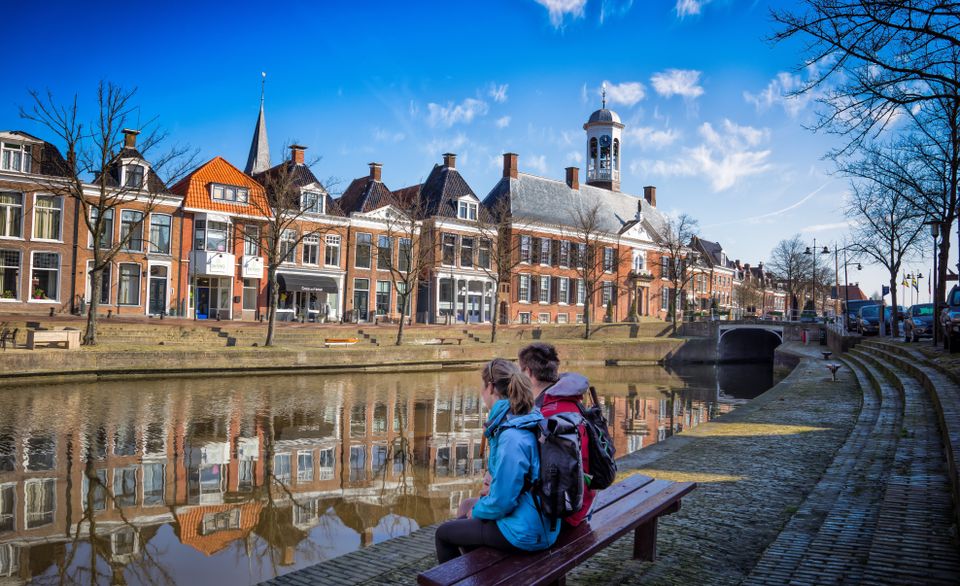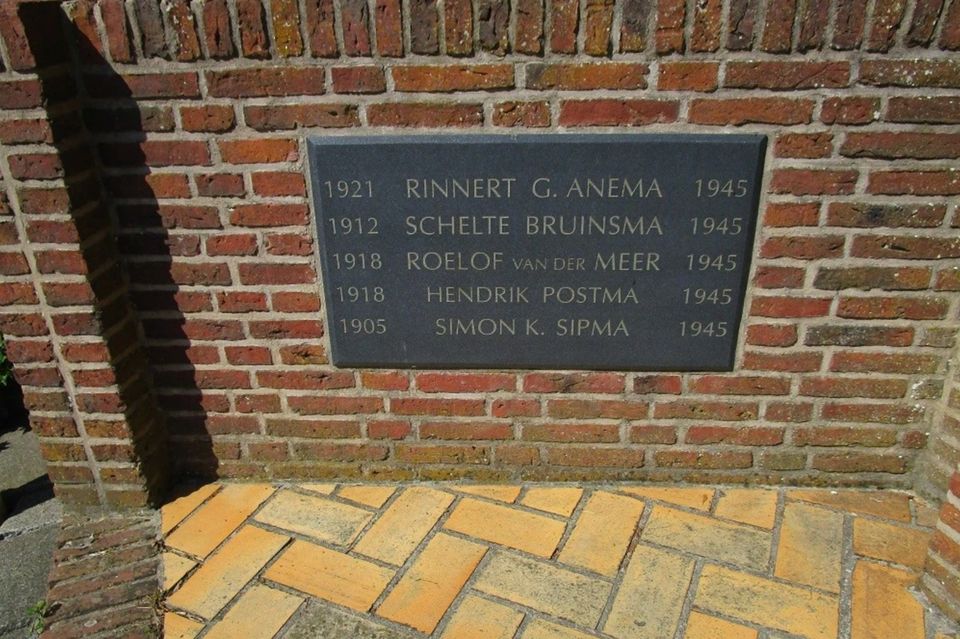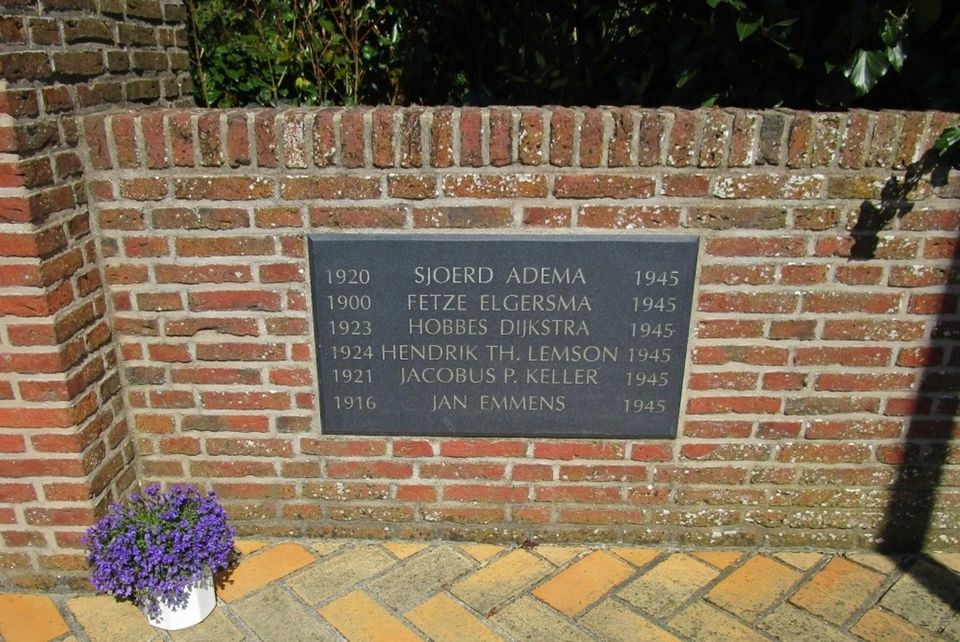Location
321 to 352 of 1001 results
-
Glamping Mearkas
Glamping Mearkas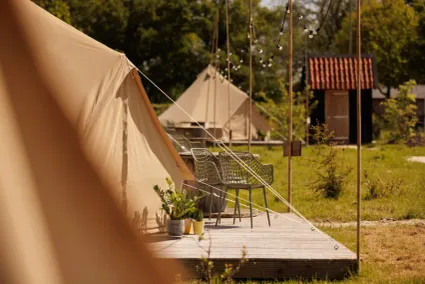 Eastermar
Eastermar
-
Fraaise Sluus
Fraaise Sluus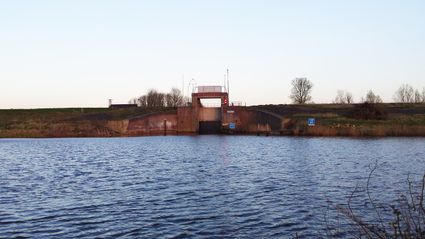 Zoutkamp
Zoutkamp
-
De Guozzepôle
De Guozzepôle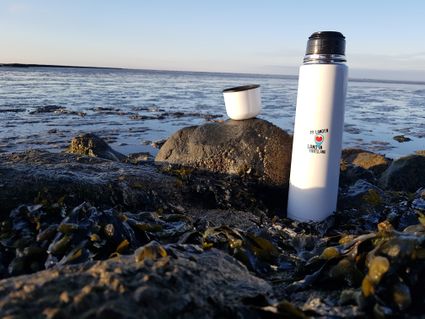 Anjum
Anjum
-
Marboei MB43
Marboei MB43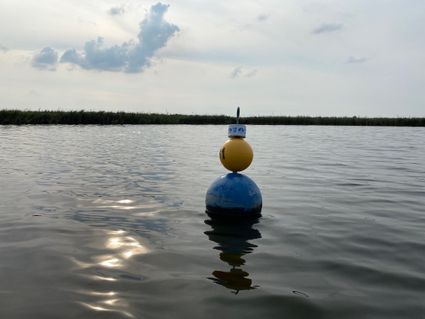 De Alde Feanen
De Alde Feanen
-
Landal Waterpark De Alde Feanen
Landal Waterpark De Alde Feanen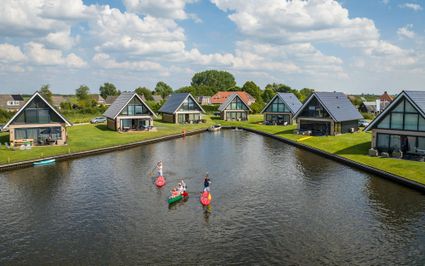 De Veenhoop
De Veenhoop
-
Eastermar | Laadpalen aan het water
Eastermar | Laadpalen aan het water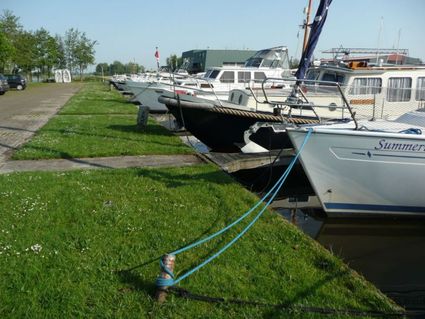 Eastermar
Eastermar
-
Restaurant De Trochreed
Restaurant De Trochreed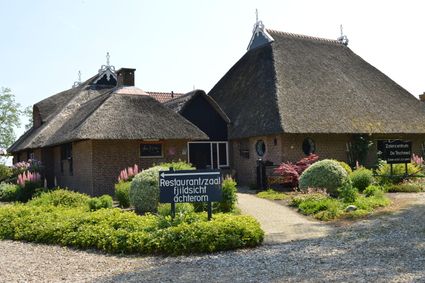 Readtsjerk
Readtsjerk
-
Beauty en Sauna De Leeuwerikhoeve
Beauty en Sauna De Leeuwerikhoeve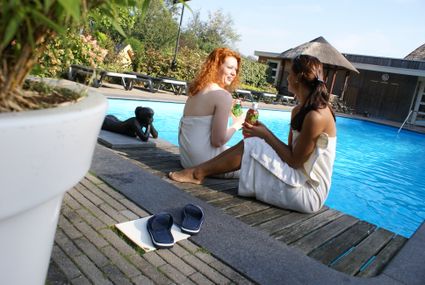 Burgum
Burgum
-
Van der Valk Hotel Hardegarijp
Van der Valk Hotel Hardegarijp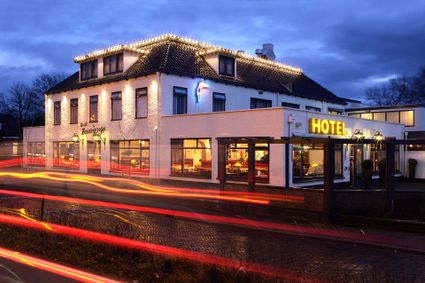 Hurdegaryp
Hurdegaryp
-
Waddenhuisverhuur Wad'n Geluk
Waddenhuisverhuur Wad'n Geluk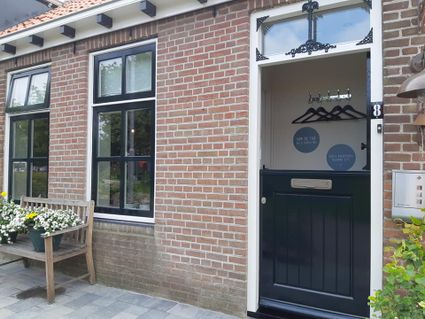 Paesens
Paesens
-
Kerkhof Nicolaaskerk Blije
Kerkhof Nicolaaskerk Blije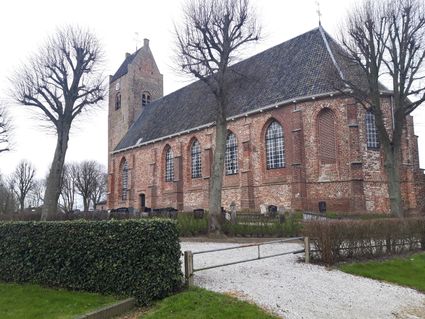 Blije
Blije
-
Drogeham - De Hege Bulten I
Drogeham - De Hege Bulten I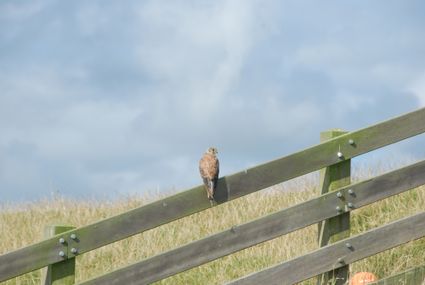 Drogeham
Drogeham
-
Makkum War Memorial
Makkum War Memorial
By 16 April, the major part of Friesland had been liberated. But some important targets of the Canadians had not yet been achieved. They wanted to win the Frisian ports and the Head of the Afsluitdijk from the Germans as quickly as possible. But they would be hard fought. Both the ports and the Afsluitdijk were used by German soldiers to escape to North Holland.
As elsewhere in Friesland, the Canadians were helped by resistance fighters from the Dutch Domestic Armed Forces (N.B.S.) They suffered several casualties near Makkum. On 16 April, Schelte Bruinsma and Simon Sipma were killed in an attack on a farm in which the Germans had entrenched themselves. The next day, another group tried to occupy a bridge under Makkum. However, the Germans caught sight of them and in the ensuing gunfight, Rinnert Anema, Roelof van der Meer and Hendrik Postma were killed. Makkum was liberated on 18 April, as one of the last villages in Friesland.
The monument at the Buren in Makkum was unveiled in 1952 in commemoration of the members of the Dutch Domestic Armed Forces who were killed around the village during the struggle for liberation.
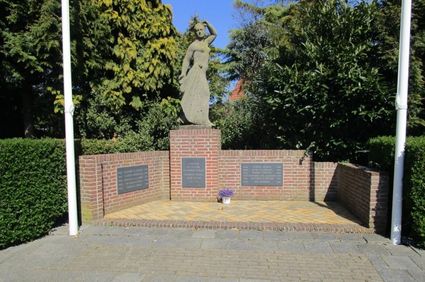 Makkum
Makkum
-
-
Molenmuseum De Eendragt
Molenmuseum De Eendragt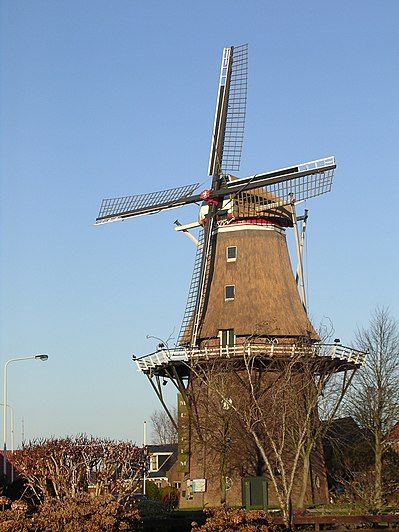 Anjum
Anjum
-
Hervormde Kerk Morra
Hervormde Kerk Morra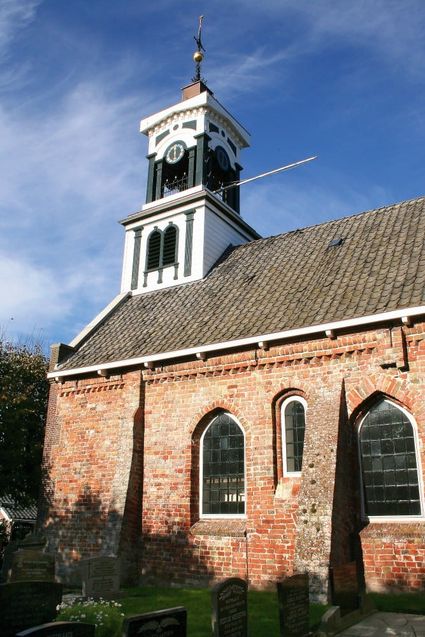 Morra
Morra
-
Spoekeloantsje
Spoekeloantsje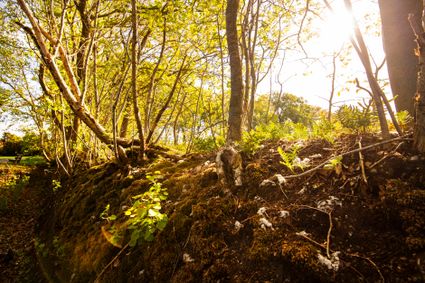 Eastermar
Eastermar
-
De Jersey Molkerij
De Jersey Molkerij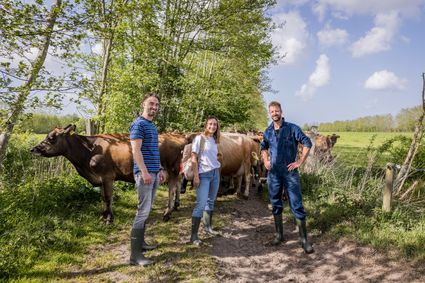 Veenklooster
Veenklooster
-
Lemster Polders - Grutte Bekken - Uitkijktoren
Lemster Polders - Grutte Bekken - Uitkijktoren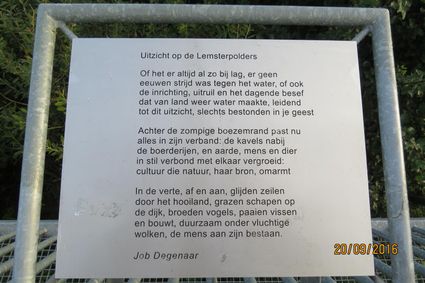 Lemmer
Lemmer
-
Naai-, brei- en bewaarschool
Naai-, brei- en bewaarschool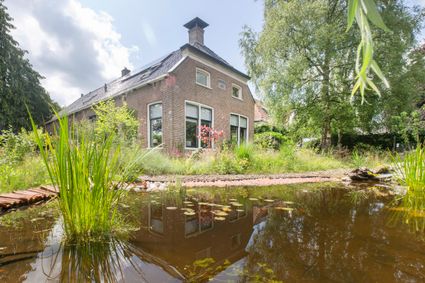 Noardburgum
Noardburgum
-
De Leijen- Leyensloane - Uitkijkpunt
De Leijen- Leyensloane - Uitkijkpunt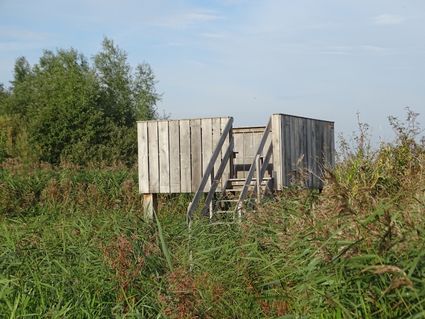 Opeinde
Opeinde
-
To B or not to B
To B or not to B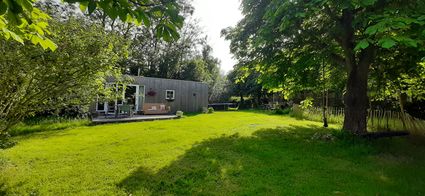 Easternijtsjerk
Easternijtsjerk
-
Mini Camping Het Schuttersplek
Mini Camping Het Schuttersplek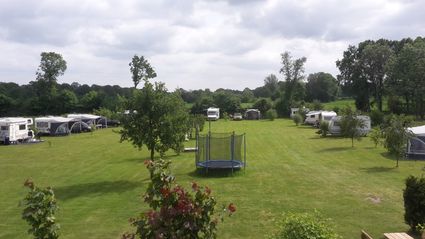 Drogeham
Drogeham
-
Waddenhuisverhuur Gastenverblijf WolThús
Waddenhuisverhuur Gastenverblijf WolThús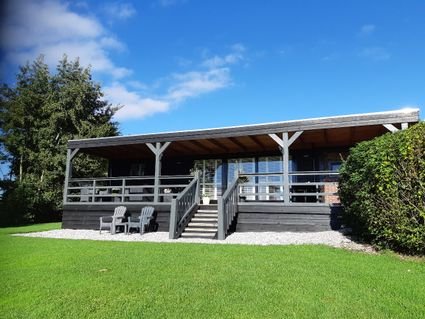 Paesens
Paesens
-
Ameland - Ballumerbocht - Vogelkijkpunt
Ameland - Ballumerbocht - Vogelkijkpunt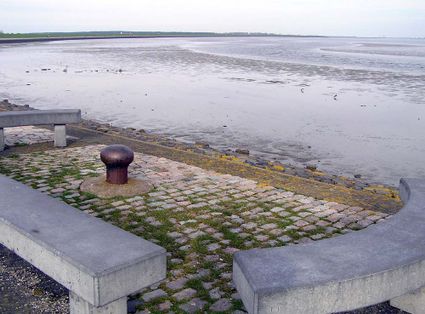 Ballum
Ballum
-
Binnenhaven Zoutkamp
Binnenhaven Zoutkamp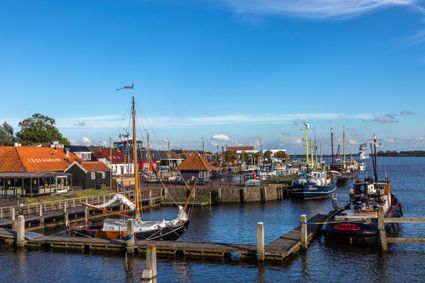 Zoutkamp
Zoutkamp
-
Jan Cooks 4 you
Jan Cooks 4 you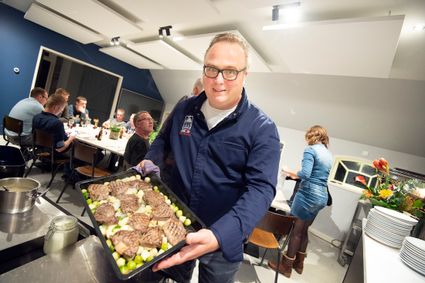 Brantgum
Brantgum
-
Seventy evacuees from Arnhem and Limburg
Seventy evacuees from Arnhem and Limburg
The grave monument in Gytsjerkwas erected in memory of Maria v/d Heuij. Maria was one of seventy evacuees from Arnhem and Limburg who arrived in Gytsjerk on 22 January 1945. Maria died a day later, just a few months old. The harsh conditions during the trip had proved fatal to her. Maria did not live to see the liberation. Fortunately, many of the other evacuees with whom she undertook the journey did.
Symbolism
The monument's spiritual father, artist Klaas Bokma, chose two carts because this was the means of transport often used by evacuees. The four withered trees symbolise death. The cross is not only a symbol of the Christian faith, but also a reminder of the sacrifice made by war victims for a life of freedom.
The oldest pupils of Ichtus and Thrimwalda primary schools take care of this monument.
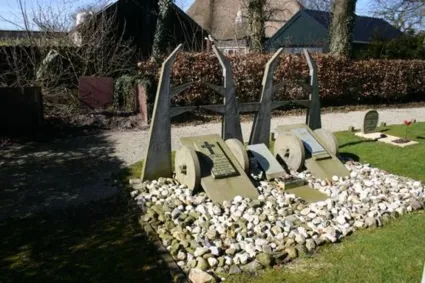 Gytsjerk
Gytsjerk
-
-
Waddenhop
Waddenhop Harlingen
Harlingen
-
Ameland - Oerder Blinkert - Uitzichtplateau
Ameland - Oerder Blinkert - Uitzichtplateau Buren
Buren
-
Elfstedentocht beeld Aukje in Workum
Elfstedentocht beeld Aukje in Workum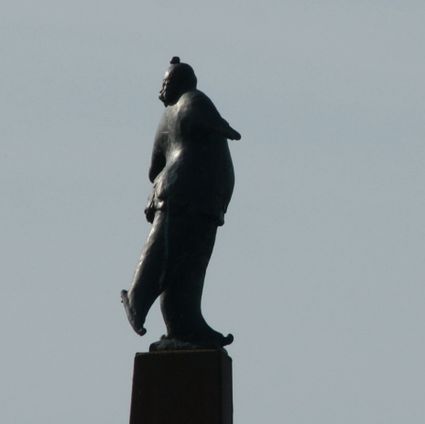 Workum
Workum
-
De Hurdriiders
De Hurdriiders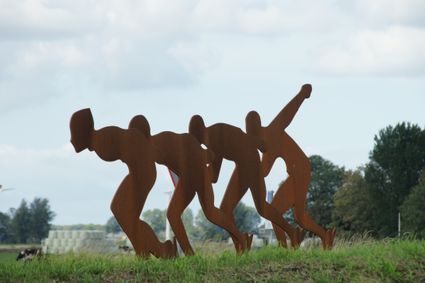 Aldtsjerk
Aldtsjerk
-
TIP Toko Toeristen Informatie Post Eastermar (zomermaanden)
TIP Toko Toeristen Informatie Post Eastermar (zomermaanden) Eastermar
Eastermar
